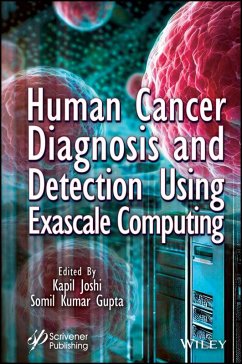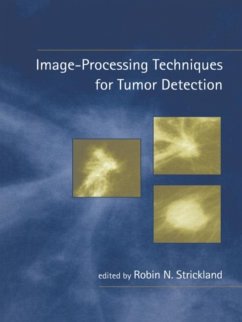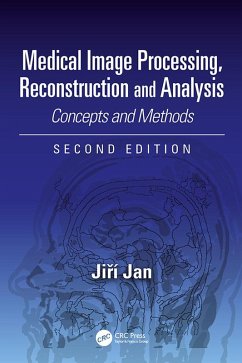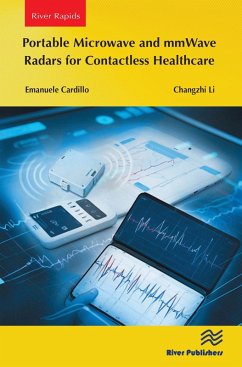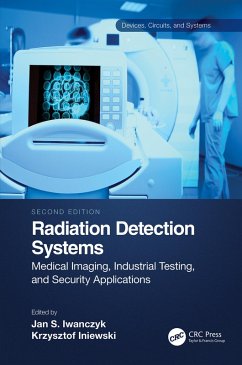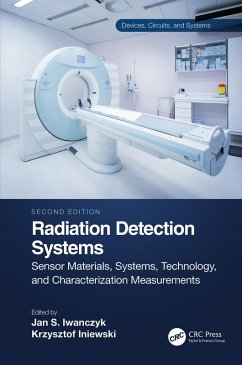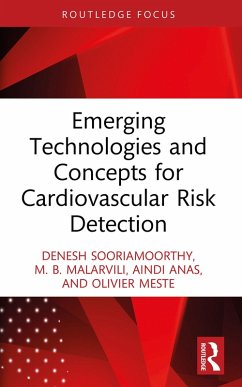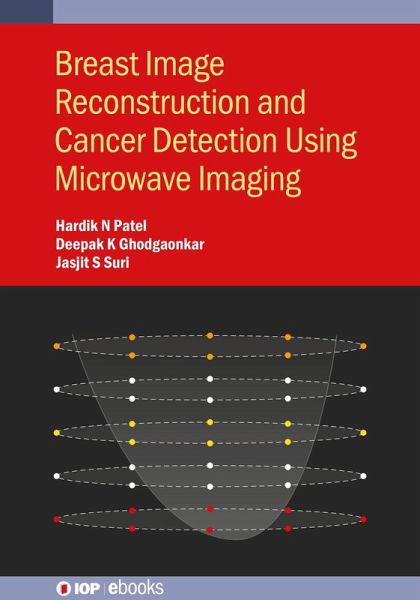
Breast Image Reconstruction and Cancer Detection Using Microwave Imaging (eBook, ePUB)

PAYBACK Punkte
40 °P sammeln!
This reference text explores cutting edge research into the detection of breast cancer using Microwave Imaging. Early breast cancer detection is vital for reducing mortality rates. Within this book Microwave scattering and microwave imaging based cancer detection are analysed as well as breast anatomy and breast cancer types. The book discusses 3-D level set based optimization as well as the Finite difference time domain (FDTD) technique. Advanced methods in image reconstruction techniques and Group Theory are explained with application to computation reduction. Machine learning-based advanced...
This reference text explores cutting edge research into the detection of breast cancer using Microwave Imaging. Early breast cancer detection is vital for reducing mortality rates. Within this book Microwave scattering and microwave imaging based cancer detection are analysed as well as breast anatomy and breast cancer types. The book discusses 3-D level set based optimization as well as the Finite difference time domain (FDTD) technique. Advanced methods in image reconstruction techniques and Group Theory are explained with application to computation reduction. Machine learning-based advanced methods are also described for breast cancer detection.
This book is highly useful for the academic community working in biomedical imaging, electromagnetic and microwave imaging, breast cancer imaging, inverse scattering and optimization.
Key Features:
This book is highly useful for the academic community working in biomedical imaging, electromagnetic and microwave imaging, breast cancer imaging, inverse scattering and optimization.
Key Features:
- Breast cancer screening techniques are described and with advantages and disadvantages
- Multiple frequency inverse scattering is discussed
- Microwave imaging basics with detection analysis are explained in detail
- Includes 3-D level set based optimization
- Presents advanced methods on image-based reconstruction techniques
Dieser Download kann aus rechtlichen Gründen nur mit Rechnungsadresse in A, D ausgeliefert werden.




